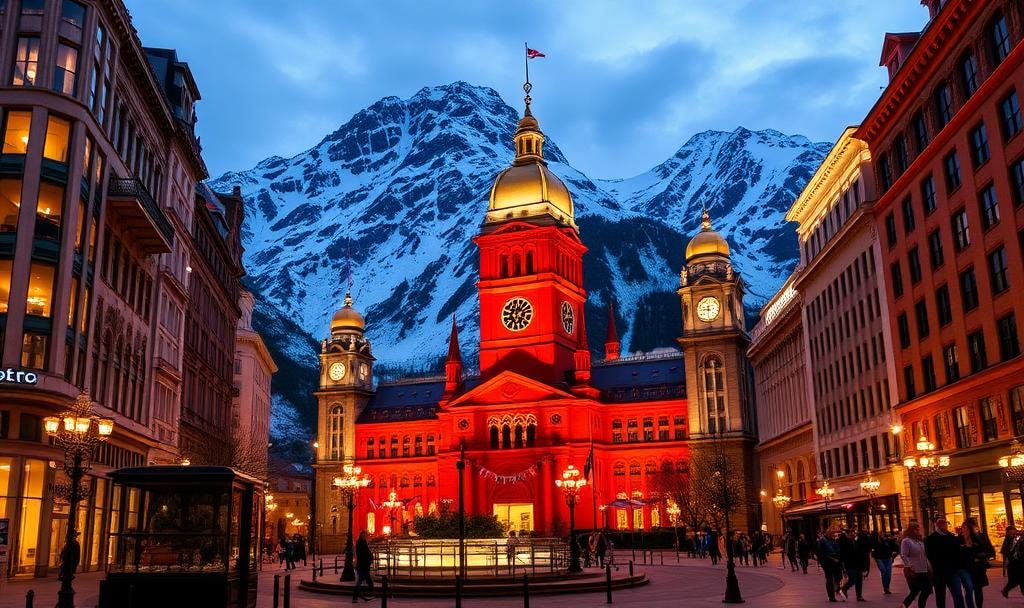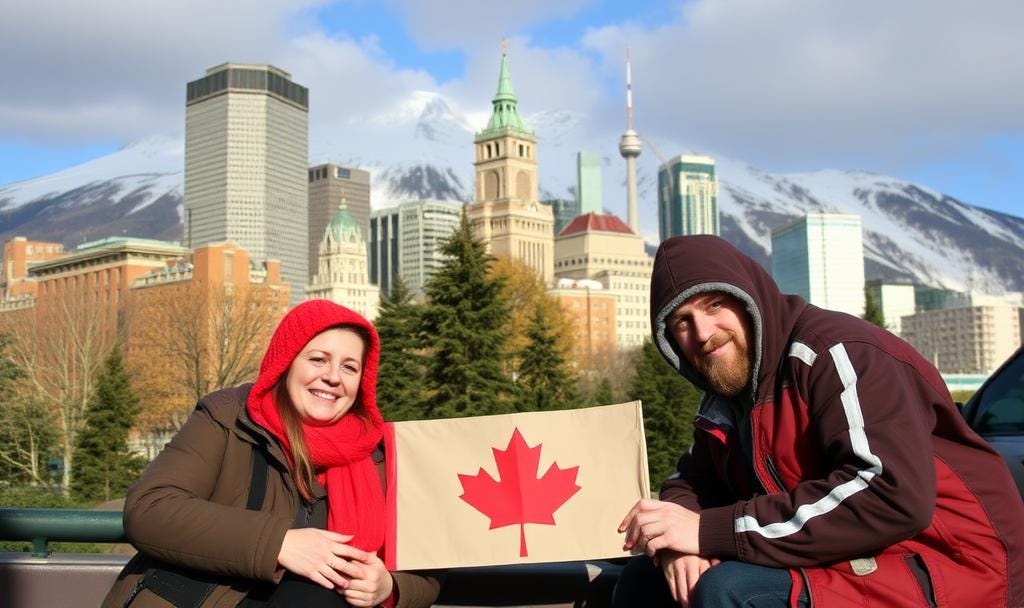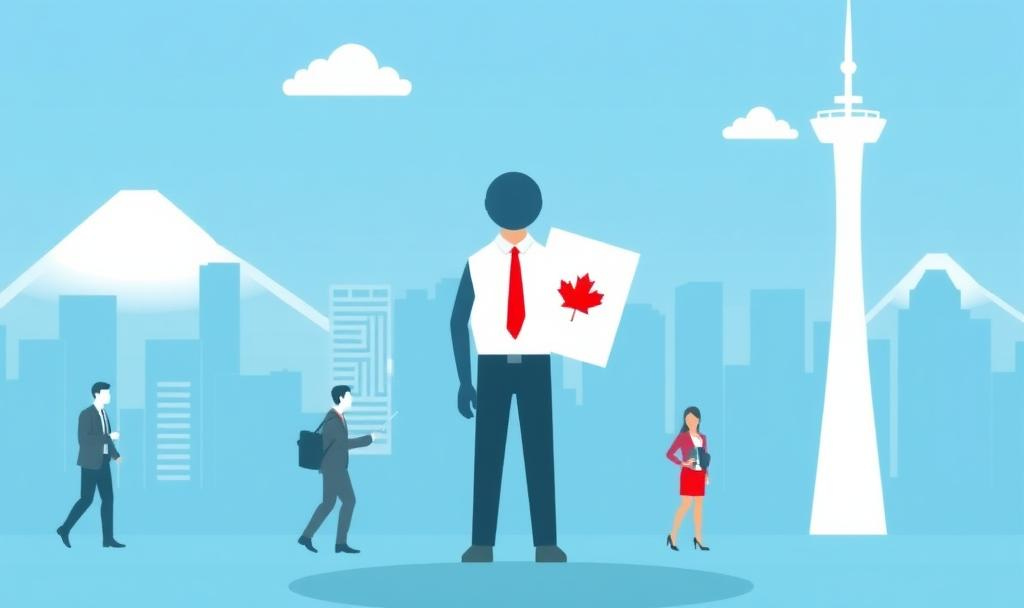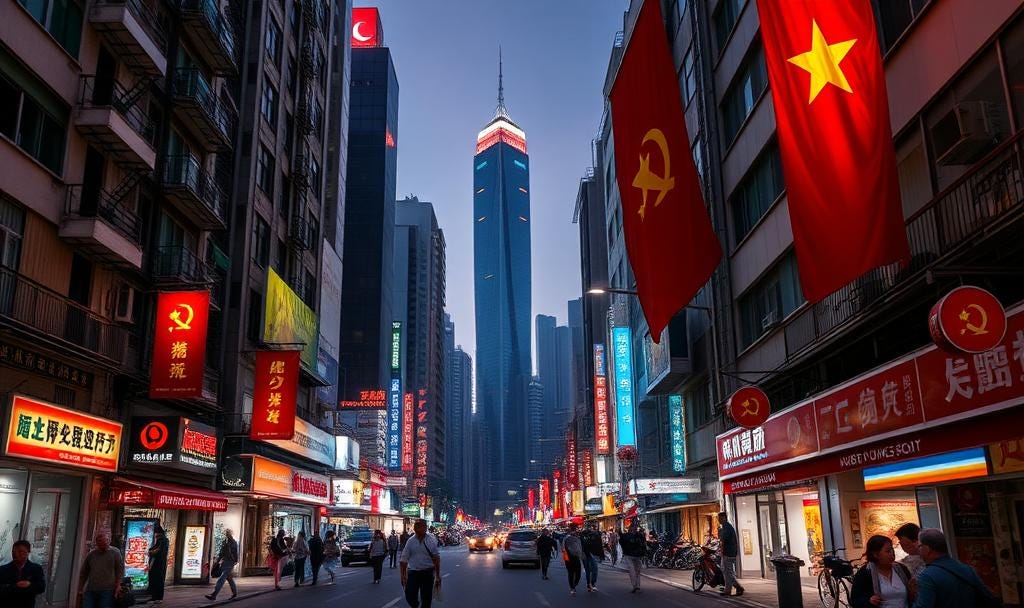Still Adjusting to Life in Canada
It’s been nearly 3 years since our return to Canada, years filled with trials, lessons, and gradual adjustment. Moving back from Communist Hong Kong was no small feat. The decision came with its share of stress, frustration, and a whirlwind of change, but now that the dust has settled, we’re starting to find our footing. However, as anyone who has uprooted their life can attest, rebuilding in a new (or even familiar) environment is an ongoing process.
This update isn’t just a reflection of our journey but an exploration of what it means to adapt, learn, and confront the realities of life in Canada after years away. It’s also a chance to evaluate some of the contrasts and similarities we’ve observed between Canada, Hong Kong, and even the U.S., and how these cultural and systemic differences have shaped our perspective.
The Reality of Canadian Progressiveness: Perception vs. Practice
One of the first things we noticed upon returning was how Canada is often portrayed, both internally and externally, as a progressive haven. Prime Minister Justin Trudeau’s carefully crafted image paints the country as a kinder, more enlightened version of the United States or Western Europe. However, the reality is far more nuanced.
For example, while the government frequently touts its unwavering support for LGBTQIA+ rights and other progressive ideals, the average Canadian’s attitude mirrors that of many Americans. There’s a quiet respect but rarely an overwhelming enthusiasm. It’s the kind of interaction where someone might acknowledge a person’s identity or experiences in passing, then immediately shift to casual topics like restaurant recommendations or neighborhood events. It’s cordial, not transformational, and certainly not the utopia Trudeau’s speeches suggest.
A Blind Spot in World Affairs
Another stark contrast we’ve observed is the relative lack of awareness Canadians have about global issues. When we lived in Hong Kong, we experienced firsthand the erosion of freedoms and the oppressive policies of the Chinese government. Yet, many Canadians remain indifferent or misinformed about what’s happening in places like Hong Kong, often repeating propaganda that frames pro-democracy protests as “riots” from Hongkongers who hate being ethnic Chinese.
Some Canadians even romanticize China, viewing it as a cultural and economic equal to progressive nations like Finland while ignoring atrocities like concentration camps and hostage diplomacy. Canadian Politicians here perpetuate this narrative, emphasizing “respect for diverse ideas” as if pointing out human rights abuses is intolerant. This detachment was glaringly evident when the Canadian government invited a former Nazi to Parliament, embarrassingly unaware of the historical weight of such an action, especially during a visit from Ukraine’s Jewish president.
By contrast, while Americans aren’t universally informed, there’s a broader awareness that “something bad” is happening in Hong Kong, even if many can’t articulate the specifics. One exception is the Cuban-American community, whose history with Castro’s regime gives them a more empathetic understanding of the struggles faced by Hongkongers.
Professional Hurdles: The Bias Against Foreign Experience
Rebuilding a career has been one of the more frustrating aspects of this transition. In Canada, professional achievements from abroad are often viewed with suspicion or outright dismissed. Employers seem to hold an unconscious bias that foreign experience, whether from the U.S. or Hong Kong, is incompatible with the “Canadian way” of working.
I’ve been in interviews where hiring managers openly discounted my experience because it wasn’t “local.” It didn’t matter that the roles were in the same industry or that I could provide references and documentation; the lack of a Canadian job title on my résumé was enough to disqualify me.
By contrast, U.S. employers focus more on what you’ve accomplished and whether you can meet the demands of the job. They’re thorough in their evaluation, background checks, probation periods, and all, but they don’t automatically equate foreign experience with incompetence. In Canada, this institutionalized gatekeeping often leaves skilled professionals sidelined, despite their qualifications.
A Silver Lining Amid Challenges
Despite these challenges, life here is still a marked improvement over what we left behind in Communist Hong Kong. The previous summers saw a steady influx of new immigrants from Hong Kong and mainland China, many of whom are starting over in lower-paying jobs because their credentials don’t meet Canadian standards. Meanwhile, those still in Hong Kong face a tanking economy and struggle to sell their homes as they plan their escape.
The U.S. isn’t without its issues, particularly in immigration. Residual policies from the Trump administration continue to create roadblocks, and while the Biden administration has taken some steps to address them, real reform will take years, assuming the rebooted Trump administration does not stop them.
The Future is Uncertain
As we continue to rebuild, one milestone looms on the horizon: my chance to vote in Canada’s next election. Justin Trudeau’s tenure has been marked by missteps that have fueled a growing right-wing backlash, and his governance feels increasingly out of touch with the challenges ordinary Canadians face.
This journey has been anything but straightforward, but it has taught us resilience, adaptability, and the importance of speaking up. Whether it’s confronting biases in the workplace, challenging misinformation, or participating in the democratic process, our response as individuals matters.
Rest in peace, Matthew Perry, a Canadian-American icon who once famously took on a young Justin Trudeau long before it became fashionable. Perhaps there’s a lesson there about perseverance and standing up for what’s right, lessons we carry with us as we navigate this new chapter.









Fascism and communism are both top down oligarchical societies ?.